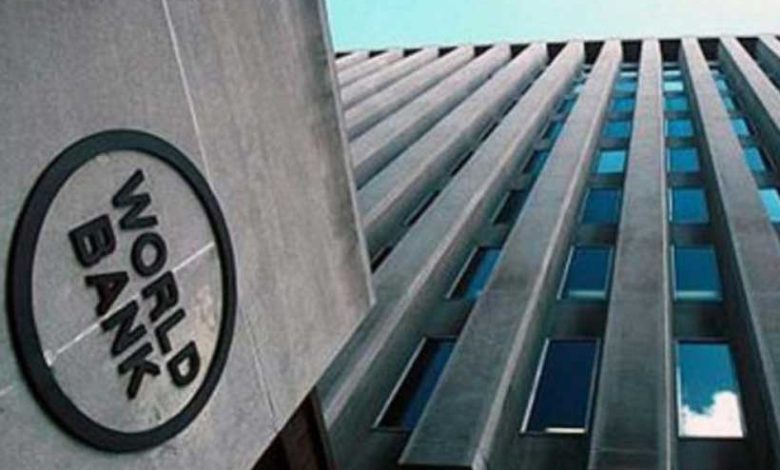World Bank sounds alarm on Nigeria’s inadequate spending on education, health

Nigeria spends too little on education and health, according to a World Bank report. The country’s spending on these crucial sectors is only 12% of its GDP.
The World Bank attributes this low spending to overall low public spending, constrained by very low revenue. In 2021, education and health allocations were only 10.1% and 6.6% of overall spending, respectively.
Health experts say this low spending explains why Nigeria’s health outcomes are poor. Most African countries allocate a higher proportion of their budget to health.
Nigeria relies on donors to fund some health programs. Most of the budget goes to recurrent expenditure, leaving little for capital expenditure. This means health facilities lack equipment and have dilapidated infrastructure.
The report also states that the country’s health spending is inefficient, with a large chunk of the budget going towards recurrent expenditure rather than capital expenditure. This has resulted in a lack of functional health facility equipment and dilapidated infrastructure.
Nigerian leaders must prioritize funding the health sector. They must improve the national health insurance scheme and state health insurance to cover more people. Transparency and accountability must be ensured at all levels.
Experts emphasized the need for Nigerian leaders to show political will and commitment to funding the health sector well. The national health insurance scheme and state health insurance must be improved upon to have much higher coverage.
Social sectors, including education, health, and social protection, receive less than 25% of the national budget. This imbalance affects Nigeria’s economic growth and development. In 2021, General Public Services and Economic Affairs received the largest shares of the budget, at 24.2% and 18.4%, respectively. Debt charges accounted for 17.6% of the budget.
This report also mentions that social sectors received less than one-quarter of the national budget in 2021, indicating a significant imbalance in priorities. This inadequate investment in human capital has far-reaching implications for Nigeria’s development.





